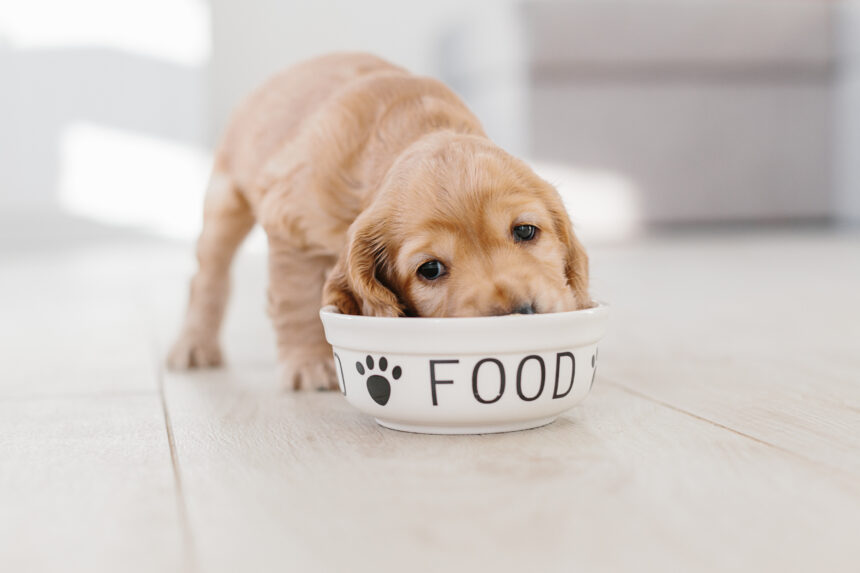What does a fast eating dog look like? Why is fast eating not good for your dog? How do you slow down your fast eating dog to reduce the potential health issues paired with fast eating? These are all valid questions that many dog parents may have to ask themselves as they continue their dog parenting journey.
Signs of a Fast Eating Dog
Any significant changes in feeding patterns are cause for concern. If your dog is suddenly eating much quicker, or even slower, contact your veterinarian. These signs could point to serious physical or mental health issues.
The signs of a fast eating dog are no exact science. In order to tell if your dog is a fast eater, it really comes down to instinct. If it seems like your dog is inhaling his/her food, or gobbling it as quickly as possible, it may be the time to consider options that will slow his/her eating.
Ways to Slow Down Your Dog’s Eating
There are a few different methods that have been proven to slow down a dog’s eating. You can try some, or all of the following:
- Slow feeders. Slow feeders are bowls that are specifically designed with special ridges or obstacles that make it difficult for your dog to gulp down food quickly.
- Dividing meals. Instead of feeding your dog all of their food at once, try splitting the recommended amount of food into smaller portions and feed them multiple times per day. This can help reduce their urge to eat quickly.
- Food dispensing toys. While food dispensing toys may be a little more expensive, they require the dog to work for their food. It slows down their eating pace, and also engages their mind at the same time.
- Add wet food or water. Mixing your dog’s dry kibble with water or wet food can help to slow them down. The added moisture makes the food stickier and harder to consume quickly.
Why Fast Eating is Potentially Harmful
Eating food too quickly may result in food that has not been chewed fully, which can be a choking hazard. After eating too much or too fast, your dog may have an upset stomach causing discomfort or vomiting. Eating too fast can also result in swallowing too much air, which can lead to bloating or gastric dilatation-volvulus (GDV). GDV can be a serious condition characterized by the stomach expanding, and putting pressure on the other organs in the body, which can lead to decreased blood flow and breathing issues.
If you think your dog may be eating too fast, it’s important to take all of these things into consideration. Try one of these proven methods to slow your dog’s eating, and prevent serious medical conditions from developing.
